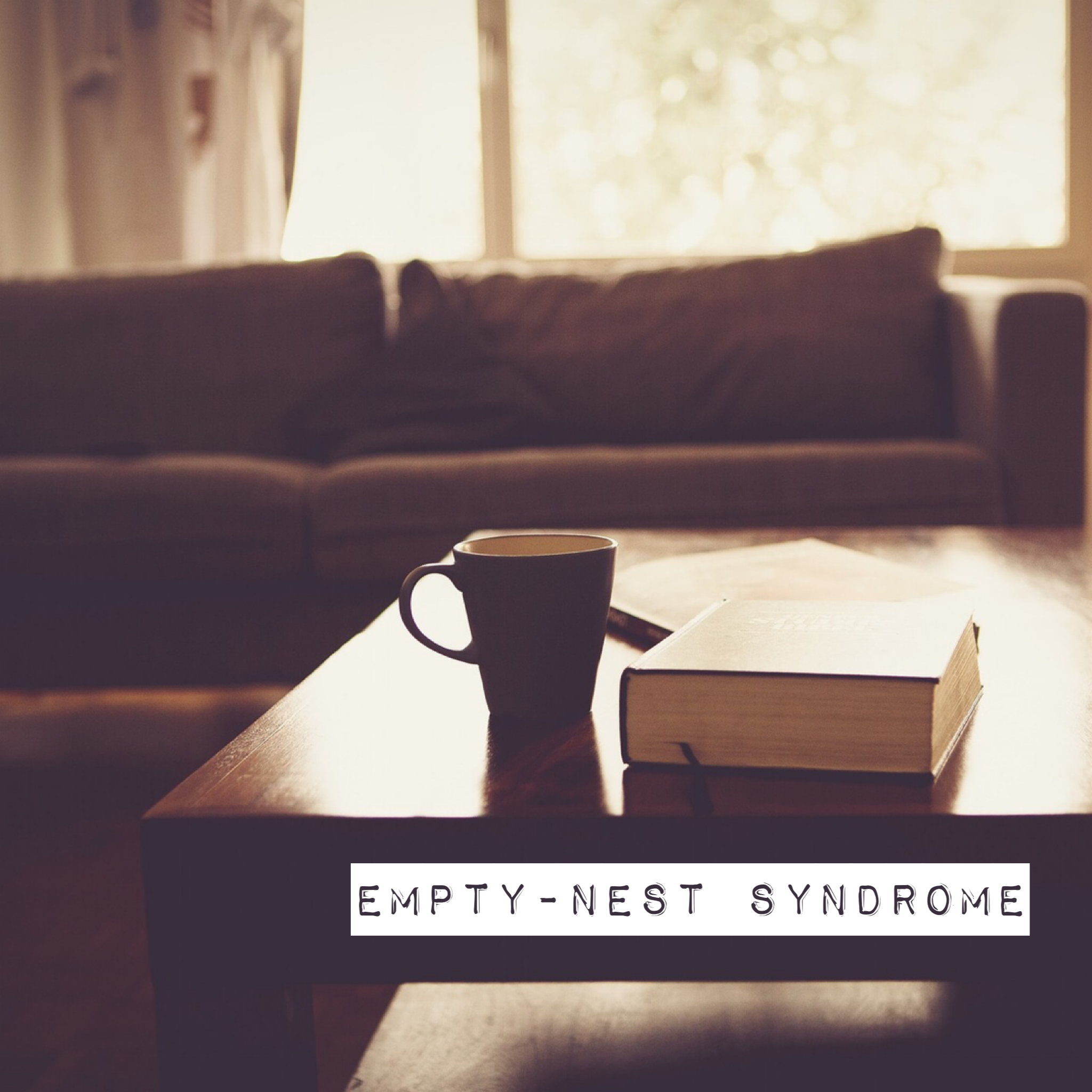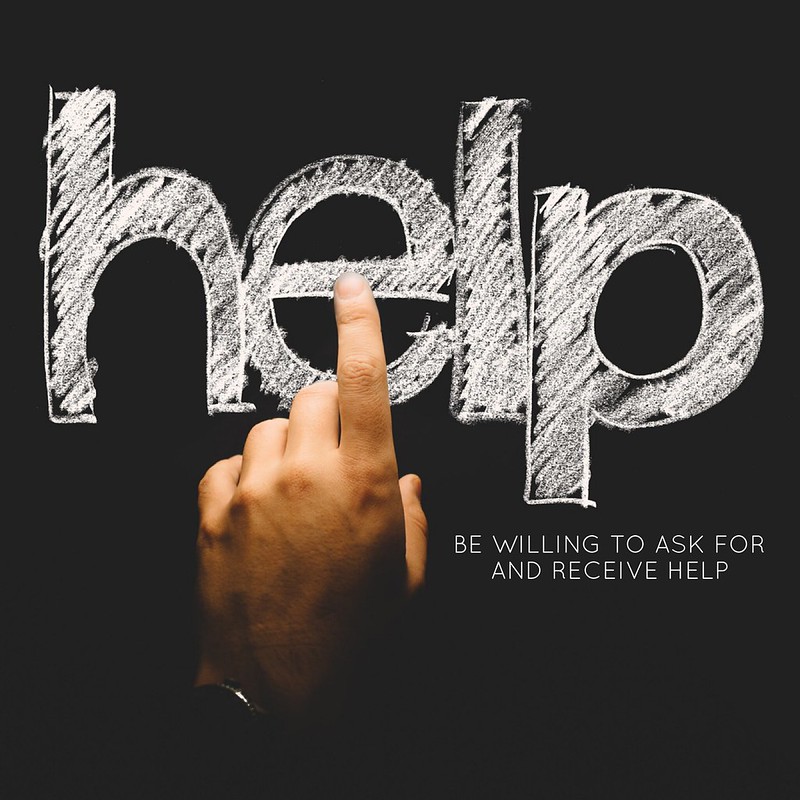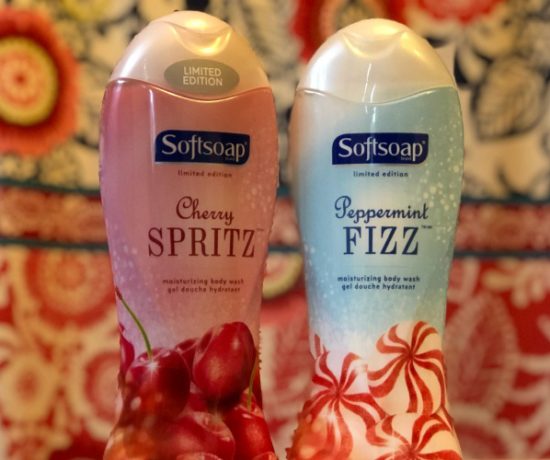Empty nest syndrome is not a clinical issue or diagnosis, rather it encompasses the transition time in which many parents experience feelings of loss and loneliness. While most parents and guardians want their children to become flourishing and independent adults, it can still be difficult and painful to release one’s children into the world. I know this was a hard time for my mom, as all of us kids left the house. She loves it when the grand kids come and stay.
I wanted to share with you some ways to help avoid the feeling of being lonely. This is where I introduce you to Samantha Lewis, a corporate businesswoman, coach and corporate wellness practitioner, she understands the complexities that come with establishing yourself as a mum and a businesswoman, and she is sharing tips to help others to avoid losing all of themselves in motherhood.
Today, Samantha travels the world helping others to identify problem areas to letting go in her Being You workshops. She’s also sharing 6 strategies for avoiding the “empty-nest” syndrome. To help you ‘be you’ through the years of parenthood, here are few ways to help.
- Confront what you think mothers ‘act like’ – Most people form (or inherit) an unconscious model of what a mother ‘acts like’ and automatically set about living up to that ideal. This can create a manic form of parenting where you are trying to do everything right, rather than doing it authentically.
- Consider work as an emotional (not just financial) boost: In her experience, mothers who go back to work have a different empty-nest experience. A job or business provides an opportunity for a mother to form an identity outside the home. You’re not only focusing on the needs of a house, family, and children. You also have the interaction of other adults.
- Stay connected to the things you find ‘fun’: Ask yourself: “If I could do something fun just for me today, what would I like to choose?” Rediscovering what is fun for you, even if you don’t have time to do the activity often, by asking this question, reconnects you with your sense of fun, play and joy, before your child became your primary source for joy.
- Check in with ‘you’ regularly: Even when you’re super-busy, it’s possible to retain a sense of ‘you’. Ask yourself: if I didn’t have all this responsibility, who would I be? This shifts you away from a systemic approach to life and reconnects you with the essence of who you are.
- Schedule yourself into each day: This is vitally important. When looking at the day ahead, ask yourself: where am I in this day? What do I require?Schedule yourself in! If your children’s needs start to take over, such as a teen asking to be taxied somewhere, step back and ask: what can work for me here? Don’t be afraid to say no.
- Be willing to ask for and receive help: When you’re trying to do things right, it can be easy to also think you have to do things alone. If your commitments are becoming overwhelming, never be afraid to ask: is there someone else I can ask to help me here? Be willing to receive from others.

Finally, for the many mothers fearful of ‘damaging’ their children if they assert their own needs, Samantha maintains that the opposite is often true.
More than anything, your children learn from your example. When you retain a sense of ‘being you’ throughout their childhood years, you show your offspring that they don’t have to give up who they are in order to be successful and fulfilled. Don’t be afraid to say no. We think we are ruining our children’s lives, but we are actually showing them how to stay connected to who they be.
I know as a child of a parent that feels this way, I am always there to help her still feel connected and let her know that we are always there for her.
Do you have the “Empty Nest” feeling? How do you cope? Or do you have a parent that may feel this way?
Samantha Lewis is a life coach, corporate wellness practitioner and certified facilitator of several special programs by Access Consciousness®, including Being You Adventures. Throughout her corporate career in sales and marketing, she retained an avid interest in mental, physical and spiritual wellness and is trained in Shiatsu and Indian Head Massage, acupressure and aromatherapy. Samantha now draws upon her wide range of skills and her personal moments of both joy and sadness to facilitate empowering workshops for groups and individuals. Follow Samantha.




